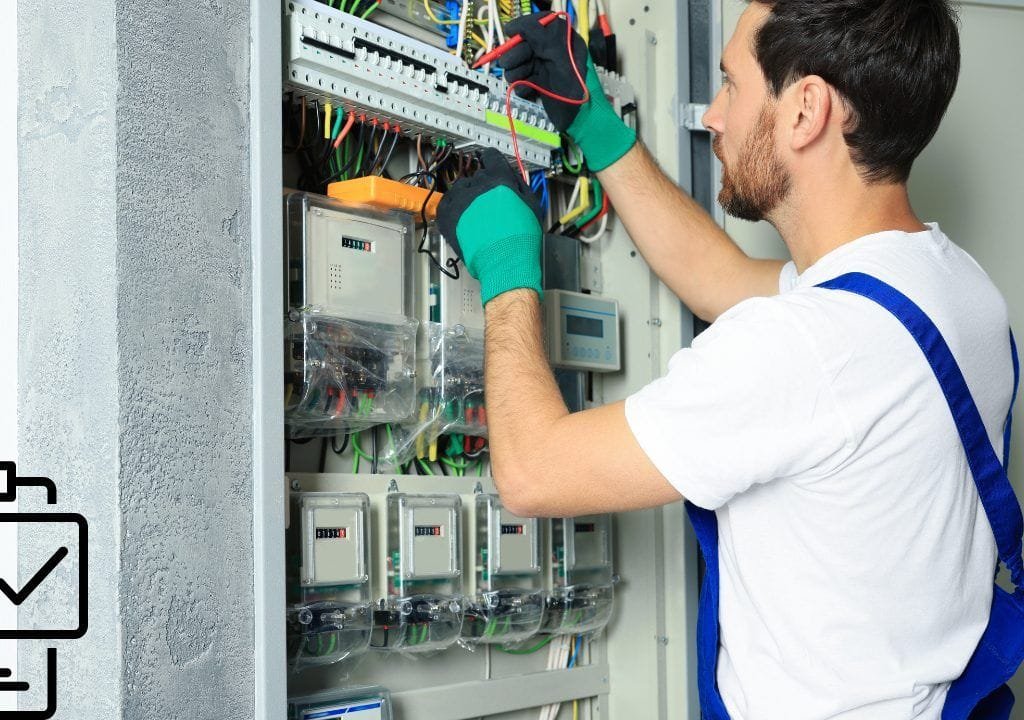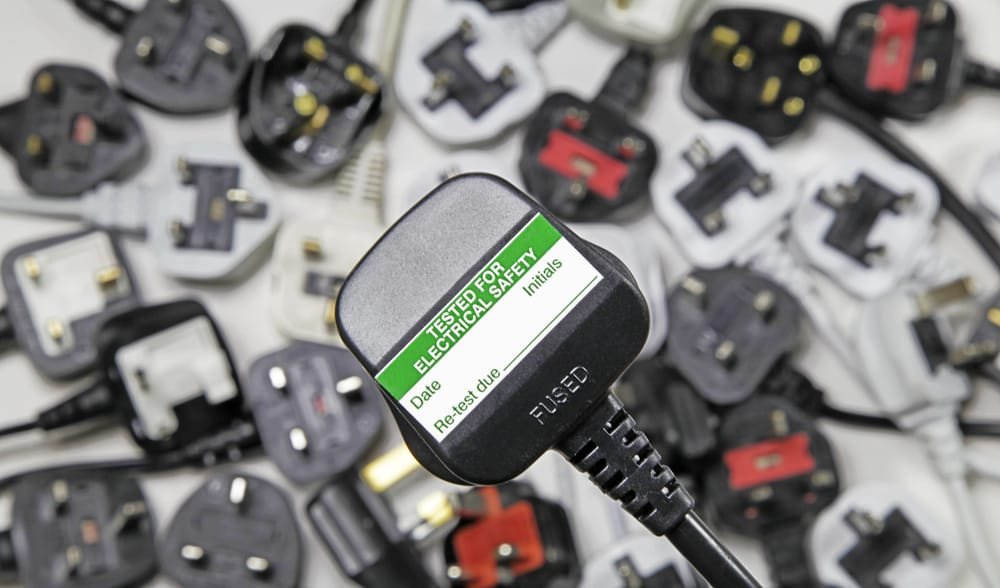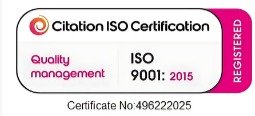
As a landlord, one of your key responsibility is making sure your tenants live in a safe and secure environment. A Portable Appliance Testing (PAT) certificate plays a vital role in this aspect. It not only mitigates potential electrical hazards but also aligns with legal and insurance obligations. By obtaining this certification, landlords can demonstrate their commitment to tenant welfare. However, the implications of neglecting PAT testing extend beyond safety concerns, raising questions about the long-term impact on their properties.
Key Takeaways
- Ensures tenant safety by identifying faulty appliances and minimising hazards like electric shock or fire through regular testing.
- Helps landlords comply with legal requirements and avoid financial liabilities, as non-compliance can lead to legal repercussions.
- Demonstrates professionalism and a commitment to tenant welfare, enhancing tenant confidence in the safety of appliances.
- Reduces risks of electrical hazards by identifying potential issues early, allowing for prompt resolution of defective appliances.
- Facilitates smoother property inspections and tenancy agreements, providing proof of appliance safety and regulatory compliance.
Ensures the Safety of Tenants
Guaranteeing the safety of tenants is the most important responsibility for landlords, and Portable Appliance Testing (PAT) plays a critical role in this obligation.
PAT Certificate involves the systematic examination of electrical appliances to confirm they are safe for use, minimising potential hazards like electric shock or fire. Regular testing identifies faulty appliances and guarantees compliance with safety standards, fostering a secure living environment.
Landlords equipped with PAT Certificate demonstrate a commitment to tenant welfare, enhancing trust and satisfaction. Additionally, the testing process involves both visual inspections and detailed assessments, providing a thorough safety evaluation.
Helps Landlords Meet Legal and Insurance Requirements
Conducting Portable Appliance Testing (PAT) not only safeguards tenant safety but also helps landlords comply with legal obligations and insurance stipulations.
Under the Health and Safety at Work Act, landlords have a legal duty to ensure that all electrical appliances provided are safe for tenants to use. Failing to adhere to this regulation can lead to legal repercussions and financial liabilities.

In addition, many insurance policies stipulate that landlords must perform regular PAT Certificate to maintain coverage. In the event of an incident, the absence of a PAT certificate may result in denied claims, exposing landlords to significant financial risk.
Demonstrates Duty of Care and Professionalism
A commitment to safety and responsibility is crucial for landlords seeking to establish a trustworthy relationship with their tenants.Getting a Portable Appliance Testing (PAT) certificate demonstrates your commitment to safety and reinforces your professional standards.
This certification offers several advantages:
- Enhances Tenant Confidence: Tenants feel secure knowing that their appliances have been tested for safety, fostering trust in the landlord.
- Demonstrates Accountability: A PAT Certificate signals that landlords take their duty of care seriously, signaling a proactive approach to safety.
- Facilitates Compliance: Adhering to PAT Certificate standards guarantees that landlords meet legal obligations, reinforcing their reputation as responsible property owners.
Ultimately, securing a PAT certificate is a crucial step in demonstrating a landlord’s dedication to safety and professionalism within the rental market.
Reduces the Risk of Electrical Hazards
By prioritizing Portable Appliance Testing (PAT), landlords greatly reduce the risk of electrical hazards within their properties.
Regular PAT guarantees that electrical appliances are functioning safely and effectively, identifying potential issues before they escalate into serious dangers, such as electrical shocks or fires.
Thorough inspections assess insulation integrity, earth continuity, and operational functionality, allowing landlords to address defective appliances promptly.
Following PAT regulations also helps improve tenant safety, creating a more secure place to live.
Taking this proactive step doesn’t just protect your tenants, it also reduces potential liability for landlords.
Investing in PAT demonstrates a commitment to safety and adherence to legal obligations, ultimately safeguarding both properties and occupants from the adverse effects of electrical malfunctions.
Supports Smooth Property Inspections and Tenancy Agreements
Ensuring that Portable Appliance Testing (PAT) is up to date can greatly streamline property inspections and tenancy agreements for landlords.
A valid PAT certificate serves as a proof of the safety of electrical appliances, fostering trust and compliance. This, in turn, facilitates smoother interactions during inspections and lease signings.
Key benefits include:
- Enhanced Credibility: A current PAT certificate showcases the landlord’s commitment to safety and regulatory compliance.
- Efficient Inspections: Inspectors can quickly affirm appliance safety, reducing potential delays or complications.
- Clear Tenancy Agreements: Including PAT compliance in agreements clarifies responsibilities, minimising disputes over appliance safety.
Provides Peace of Mind for Both Landlords and Tenants
The presence of a valid Portable Appliance Testing (PAT) certificate greatly contributes to the overall peace of mind for both landlords and tenants. This confidence stems from the knowledge that all electrical appliances are regularly inspected and deemed safe for use. For landlords, the certificate signifies compliance with safety regulations, thereby reducing potential liability. Tenants, in turn, can feel secure in their living environment, knowing that the risk of electrical hazards is minimised.

| Aspect | Landlord Benefits | Tenant Benefits |
| Compliance | Meets legal safety obligations | Guarantees rental property safety |
| Liability Reduction | Decreases risk of legal claims | Reduces concerns about appliance safety |
| Trust Building | Fosters good landlord-tenant relations | Enhances tenant satisfaction |
| Safety Assurance | Validates appliance safety measures | Provides peace of mind regarding safety |
Frequently Asked Questions
How Often Should I Get PAT Testing Done?
PAT testing is usually depends on the kind of appliance but According to the Law, appliances should be tested annually, while those in more demanding environments may require more frequent assessments to guarantee ongoing safety compliance.
What Appliances Require PAT Testing?
Portable Appliance Testing (PAT) is essential for various appliances, including laptops, kettles, toasters, and extension leads. Any equipment powered by electricity, especially those used in workplaces or rental properties, should undergo regular PAT Certificate to guarantee safety compliance.
Can I Perform PAT Testing Myself?
Individuals can perform PAT Certificate testing themselves if they possess the necessary knowledge and skills; however, professional certification guarantees compliance with safety standards and reduces liability risks, ultimately promoting a safer environment for all users.
How Long Does a PAT Test Certification Last?
A PAT test certification lasts for one year, although this can vary based on the type of equipment and its usage. Regular testing guarantees compliance with safety regulations and reduces potential risks associated with electrical appliances.
What Happens if My Appliances Fail the PAT Test?
If appliances fail the PAT Certificate test, they must be repaired or replaced to guarantee safety and compliance. Failure to address these issues can result in increased risk of electrical hazards and potential legal repercussions for the owner.
Conclusion
To summarize, obtaining a Portable Appliance Testing (PAT) certificate is essential for landlords seeking to guarantee tenant safety and comply with legal obligations. This proactive measure not only reduces electrical hazards but also underscores a landlord’s commitment to professionalism and duty of care. By facilitating smoother property inspections and tenancy agreements, a valid PAT Certificate ultimately enhances trust and peace of mind for both landlords and tenants, reinforcing a responsible and reputable rental business.








